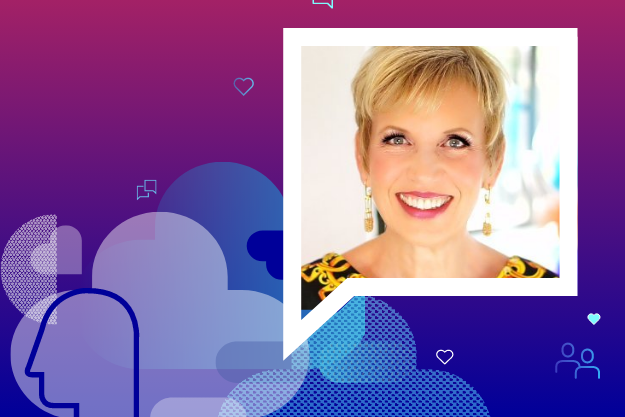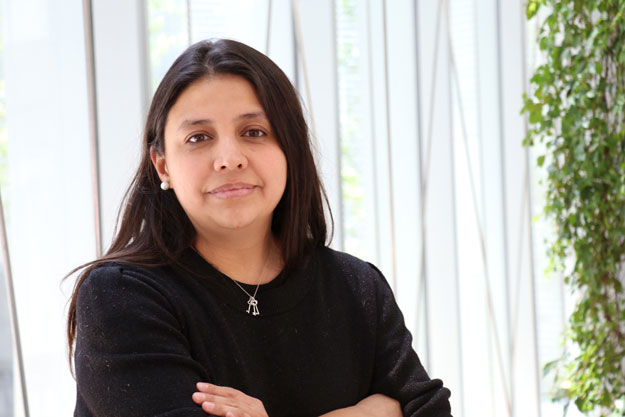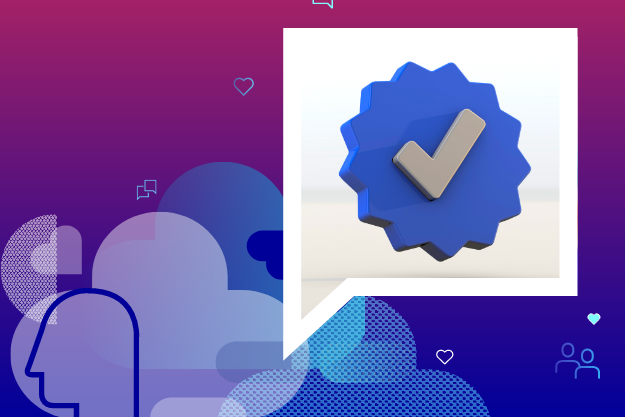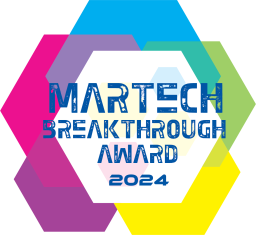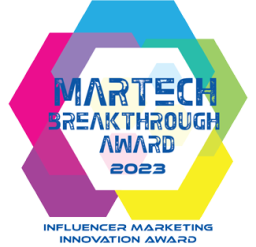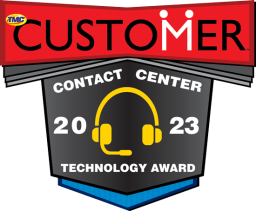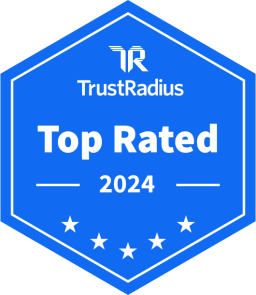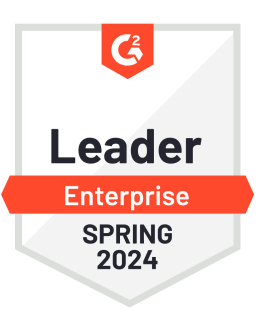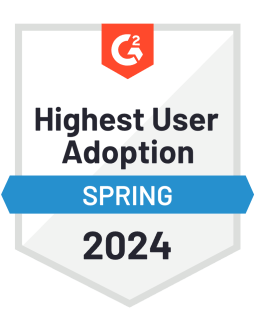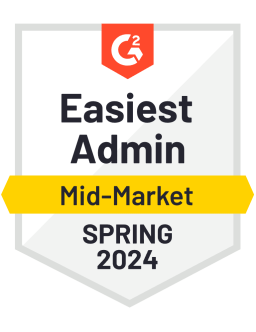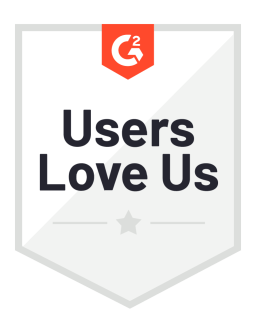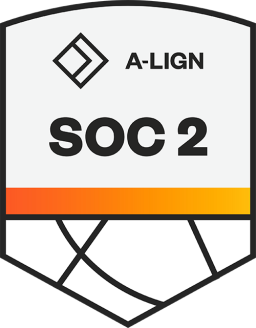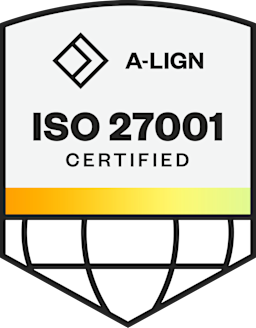What comes to mind when you think about the different ways a brand interacts with its customers and target audience? Social media? In-person events? Email newsletters? Discord or Slack groups? The list continues to grow as new channels emerge and older ones evolve.
To monitor these various channels and spark conversation, brands often hire an individual to act as a liaison: the community manager.
Krystal Wu specializes in building and managing online and offline communities, driving engagement, and aligning community goals with business objectives. Currently Senior Manager, Community & Content at ZoomInfo, Krystal often leads online discussions exploring the transformative potential of community-driven strategies.
We asked Krystal how aspiring and existing community managers can excel in their roles and foster company success — check out her advice.
How would you describe the role of a community manager and their value to direct-to-consumer brands?
As a community manager, you wear many hats: the problem solver, cheerleader, project manager, and guide. Seriously, though, community managers are the superheroes, especially for direct-to-consumer brands. Their mission? Represent the brand's voice and create a sense of belonging among the community members. They're like the heart and soul of the brand, driving brand advocacy and keeping a keen eye on trends and discussions within the community.
But it's not just about growth and numbers. Community managers are like the glue that holds the brand and its customers together, building trust, fostering loyalty, and ensuring the overall success of the brand-community ecosystem.
In your opinion, what are the most important skills a community manager should have to be successful in the role?
In my opinion, active listening, empathy, and adaptability are important skills for a community manager to succeed. Here’s how:
Active listening: It's not just about hearing what community members say – it's about tuning in, understanding their needs, concerns, and aspirations. By actively listening, community managers can build stronger connections and tailor their approach to meet the unique needs of their community.
Empathy: Putting yourself in someone else's shoes is like a superpower in community management. It's about showing genuine care and understanding and making community members feel heard, valued, and supported. When you can empathize with their experiences and emotions, you create a safe and welcoming environment where people feel comfortable expressing themselves and engaging with the community.
Adaptability: The world of community management is always evolving, with new tech, trends, and challenges popping up left and right (hello, pandemic). That's why community managers need to be as adaptable as a chameleon. Being open to change, embracing new tools and strategies, and staying ahead are crucial for navigating community dynamics. If we remain adaptable, community managers can take on opportunities, overcome obstacles, and ensure their communities thrive.
I find that these skills collectively empower community managers to build thriving communities and drive the success of their brands.
Community managers and social media marketers often come from a variety of backgrounds. What advice would you give to individuals looking to break into the community management space?
For folks looking to break into the community management space, my advice would be to prioritize the people aspect of community. Recognize the overlap between community management and social media marketing, understanding that while social media is an integral part of a community, it is just one room in the larger house of community.
When I see my peers excel in community management, I see them adopting a mindset focused on solving the needs and aspirations of the community members, first and foremost. When you approach community with a people-centric mindset, you can effectively shape and influence the community experience. Success starts with the human touch.
What are some of your best tips for cultivating and nurturing an engaged community on social media (and beyond)?
Cultivating and nurturing an engaged community is necessary for retaining customers and building brand loyalty. Here are a couple of my top tips:
Be genuine and authentic in your interactions. People can sniff out insincerity from a mile away, so be authentic and show them you genuinely care. A good way to do this is to ask questions to get to know them. When people notice you are genuinely interested in understanding them, they’re more likely to develop a positive relationship with you.
Foster two-way communication by actively listening to your community, responding to their comments, and sparking conversations. Make them feel heard and valued.
Create valuable, shareable content that resonates with your audience. Offer helpful insights, entertaining stories, or thought-provoking discussions. And, best of all, leverage user-generated content (UGC)! Highlight your community to show that you see what they’re saying and value their experiences.
Remember that building a community takes time and effort, but with these tips, you'll be well on your way to creating a tribe of loyal fans who'll stick by your brand through thick and thin.
As it’s a relatively new role that continues to evolve, what do you think are the best ways to measure success as a community manager?
This question is asked all the time. Measuring success as a community manager can feel like a puzzle, with the pieces being all one color. In my experience, aligning your measurement with your organization's goals is gold. Are you in retention mode? Then focus on engagement and growth metrics to gauge the health of your community. If your company is all about revenue, get creative and find ways to track how your community contributes to that bottom line.
To ensure your community is seen as necessary (especially during layoffs or, dare I say, recessions), you have to speak leadership's language and align the goals with what the company is trying to achieve. So, ask yourself, what's the endgame for your organization? Once you crack that, you'll have the secret sauce for measuring your success as a community manager, and driving impact in your role as well.
Any other insights you’d like to share?
I'd love to drop a few extra nuggets of wisdom for all you community managers out there.
First, remember that community management is like riding a roller coaster — it’s ups and downs, twists and turns. Embrace the unpredictability and adapt on the fly. Best practices are helpful as a resource but shouldn't be how you approach every scenario because every community is built differently.
Secondly, never underestimate the power of building genuine relationships. Take the time to connect with community members on a personal level, show them you genuinely care, and watch the magic happen.
Lastly, don't forget to take care of yourself too. Community management can be intense, so make sure to find your own support network, treat yourself, and keep that passion alive. You're doing an amazing job, and I'm cheering you on every step of the way!
Bio: Krystal Wu is a seasoned community professional with over seven years of experience in the field. With a passion for mentoring fellow professionals and a deep understanding of the community space, Krystal’s expertise lies in harnessing the power of community to drive meaningful outcomes.















